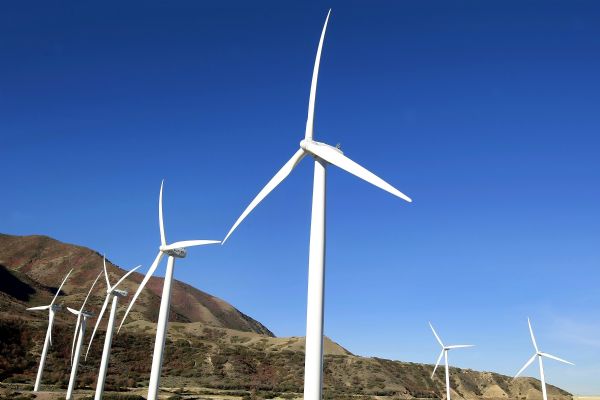Huge investment in 'green' projects
 0 Comment(s)
0 Comment(s) Print
Print E-mail China Daily, May 22, 2012
E-mail China Daily, May 22, 2012
|
|
|
China will invest more than 2 trillion yuan ($316 billion) in promoting energy-saving and low-carbon projects during the 12th Five-Year Plan period (2011-15). ?[File Photo] |
China will invest more than 2 trillion yuan ($316 billion) in promoting energy-saving and low-carbon projects during the 12th Five-Year Plan period (2011-15), Xie Zhenhua, vice-minister of the National Development and Reform Commission, said.
The country has set a goal of reducing its energy intensity by 16 percent and carbon intensity by 17 percent during the same period.
The government will allocate targets of energy-saving and carbon-reduction to regions and key industries after considering regional disparities in resources, development level and industrial structure.
An evaluation and surveillance system will be built and efforts in promoting energy-conservation and emission-reduction will be adopted as a crucial tool for assessing local government performance, said Xie.
Meanwhile, the country will step up efforts in eliminating outdated capacity in energy-guzzling industries, including electricity, iron and steel, electrolytic aluminum and cement, while it will further boost the service industry and strategic emerging industries.
The strategic industries include alternative energy, biotechnology, new-generation information technology, high-end equipment manufacturing, advanced materials, alternative-fuel cars and energy-saving and environmentally friendly technologies.
The share of services in GDP will increase to 47 percent by 2015 from the current level of 43 percent and the share of the emerging industries was targeted to reach 8 percent during the same period, among which the energy-saving and environmentally friendly industry will reach 2 percent.
Buildings and transportation also contribute to a large portion of the country's total carbon dioxide emissions. The country will accelerate efforts in building a green construction and transportation system, Xie said.
The country will build 100 demonstration sustainable development cities and 1,000 demonstration companies and industrial parks.
Price and tax policies and fiscal measures will be adopted to encourage the industry and a mechanism for ecological compensation will be created, he added.






